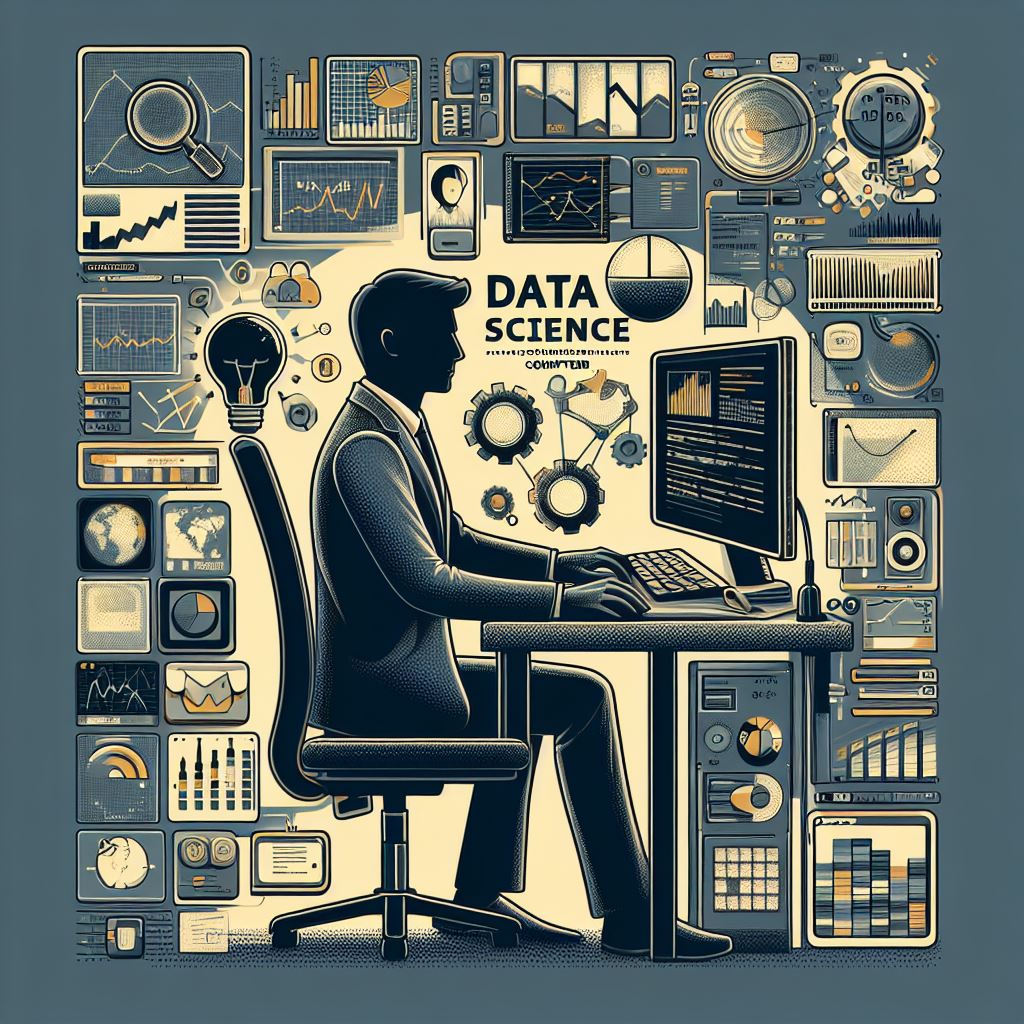Machine learning (ML) is already transforming industries and businesses worldwide, and its impact will only continue to grow in the coming years. As we approach 2025, machine learning will take center stage in new technological advancements, redefining how we work, interact, and live. In this article, we will explore what the future holds for ML, its emerging trends, and the possibilities it presents for various sectors.
One of the most significant trends we will see by 2025 is the widespread integration of ML into everyday applications. From personalized healthcare to smarter cities, ML algorithms will power countless innovations. In particular, advancements in deep learning and reinforcement learning will enable machines to perform tasks that were once thought to require human intelligence. This means more accurate predictive analytics, autonomous systems, and decision-making capabilities.
In healthcare, ML will revolutionize diagnostics, drug discovery, and personalized treatments. With the increasing amount of medical data, ML algorithms can identify patterns and make predictions that doctors may miss, leading to earlier diagnoses and more effective treatments. By 2025, we can expect AI-powered tools to become an essential part of medical practice, helping to reduce errors and improve patient outcomes.
In the business world, machine learning will continue to drive efficiency and innovation. Automation of repetitive tasks will allow employees to focus on higher-value work, while ML-based predictive analytics will help companies make data-driven decisions faster. From customer service chatbots to supply chain optimization, ML will enhance business operations, boosting productivity and profitability.
Another exciting development is the rise of explainable AI (XAI). While traditional ML models often operate as “black boxes,” explainable AI aims to make the decision-making process more transparent and understandable. This will be crucial for industries such as finance, healthcare, and law, where understanding how decisions are made is vital. By 2025, we expect XAI to become a standard feature in many ML systems, helping to increase trust and adoption across various sectors.
The ethical considerations of machine learning will also play a crucial role in its future. As ML becomes more integrated into society, concerns around data privacy, bias, and fairness will need to be addressed. In 2025, we anticipate more regulations and frameworks to ensure that ML systems are used responsibly. Ensuring the fairness and transparency of AI systems will be vital for building public trust and encouraging the widespread adoption of these technologies.
Looking further into the future, ML will likely be a driving force behind the development of more advanced technologies such as quantum computing. Quantum computers have the potential to process vast amounts of data exponentially faster than classical computers, enabling even more sophisticated ML models. As quantum computing becomes more accessible, it will unlock new possibilities for machine learning applications, including simulations, optimization problems, and complex data analysis.
In conclusion, machine learning will continue to shape the world in 2025 and beyond, with transformative effects across many sectors. Whether it’s improving healthcare outcomes, automating business processes, or enhancing AI transparency, the future of ML looks incredibly promising. As we move forward, the combination of advancements in ML, AI, and quantum computing will unlock even more powerful tools, pushing the boundaries of what’s possible.
